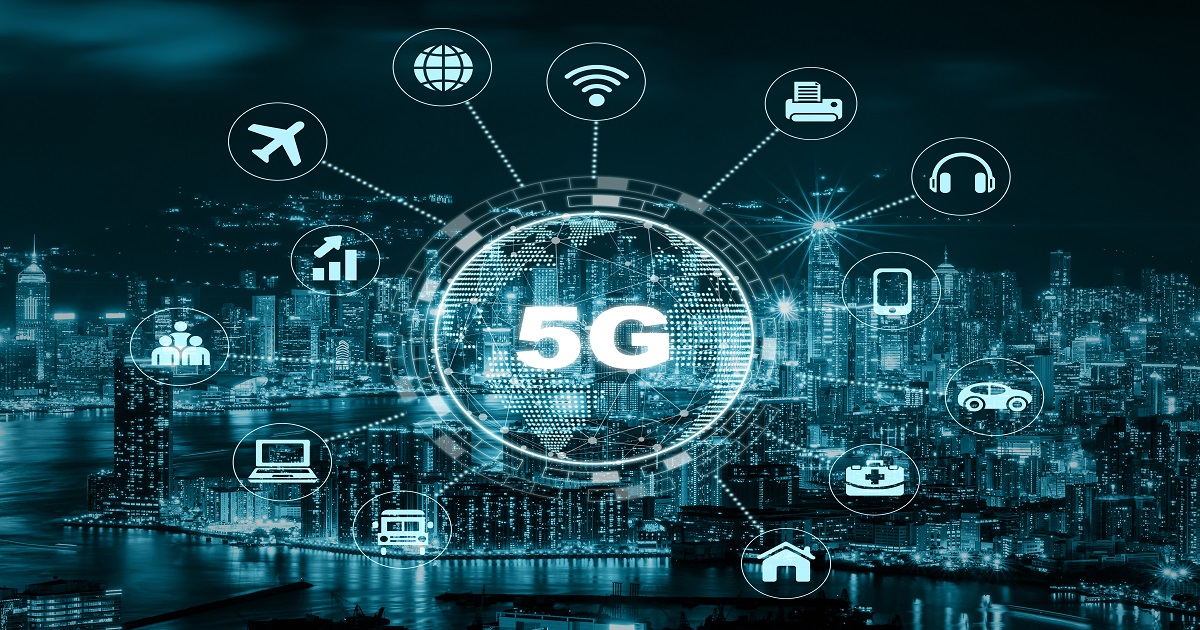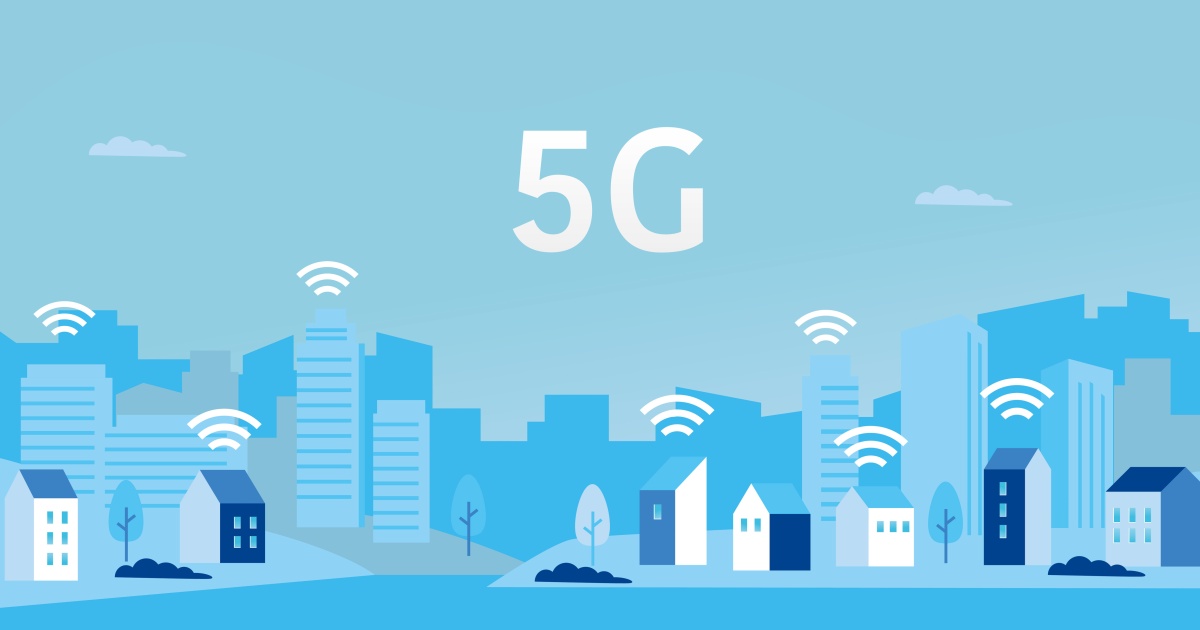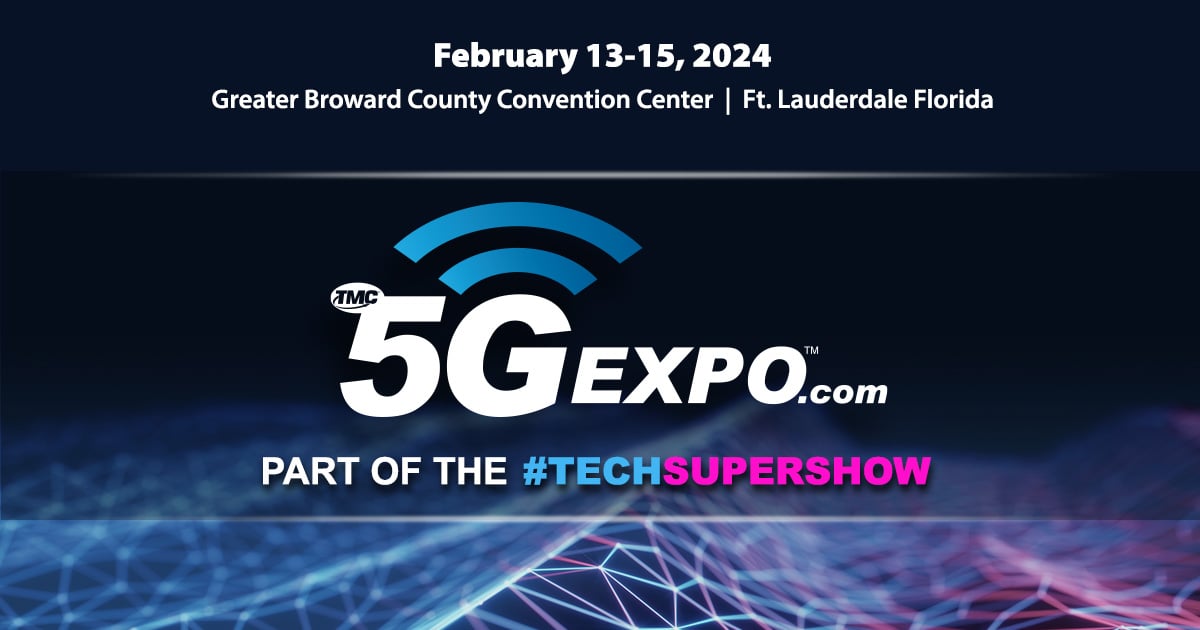
6G is still, as many experts predict, at least five to ten years away. That, however, doesn’t mean innovations skid into standstills. What we’re learning from the still-early stages of 5G deployments can teach us how to optimize in the interim. What innovative applications can we get a head start on? What new opportunities await?
These topics were discussed in a Next-Generation Architectures session at IoT Evolution Expo 2023, held at the Broward Country Convention Center in Fort Lauderdale, FL. The session was hosted by Eric Burger, Research Professor and Research Director of the Commonwealth Cyber Initiative at Virginia Tech, as well as the Technical Program Director of Next G Alliance.
Burger began with how we got to 5G. For instance, at expos at least a decade ago, folks claimed 5G would be ten times faster than 4G (and available on ten times the devices); 5G IoT may as well have been a stone’s throw away.
The thing is, 4G IoT itself didn’t have the liftoff many expected. And while 5G devices can send and receive data more quickly (and 5G networks have lower latency for data transmission and a larger capacity for connected devices), we aren’t yet at the cusp of Advanced 5G, much less cutting-edge or bleeding-edge 6G. 5G IoT is “a bit all over the map,” as Burger admitted.
So in his session, the objective was not set on theorizing how 6G could be ten or twenty times faster than 5G, or anything of the sort. Rather, a simpler set of ideas:
What do people need that 5G can help supply? How do we improve 5G? How can we foster new experiences with 5G? And then, when appropriate, how do we bridge our way to 6G?
“We should focus on improving peoples’ everyday living,” Burger said. “Expectations are continuously subject to change. Right now, we can rein back on the hyped-up forecast of 6G-everything and, instead, home in on peoples’ experiences. How would improved 5G enhance their critical roles at work and at home? What societal goals deserve more attention? What 5G IoT breakthroughs are still ahead?”
Burger then linked these queries back to Next G Alliance and what initiatives can be overseen through approximately 2030 to 2033 through private-sector-led efforts.
“6G market developments will conceptualize,” Burger assured, “but the roadmap to get there should come first.”
Burger believes that, via a broad ecosystem of contributors, research priorities to target are practical applications, sustainability, and economic needs.
Applications include:
- Multi-Sensory Extended Reality (XR) – Immersive Artificial, Mixed, and Virtual Realities (AR/MR/VR) can enable seamless wireless coordination of everything from remote workforce operations to interactive classrooms, and even online sports and gaming.
- Distributed Sensing and Communications – Tightly integrated sensors for healthcare and agriculture markets, enabling untethered wearables and implants, enhanced remote data collection, and ubiquitous connectivity options like ultra-low-power operating modes from network providers and device manufacturers.
- Network-Enabled Robotics and Autonomous Systems – Connected systems that perceive surroundings via GPS, LiDAR, sonar, radar, camera and odometry, along with field robots for hazardous environments and other AI sensing systems.
Sustainability for:
- More effectively monitoring, reusing, and recycling water, waste, and other materials (e.g. ICT networks, rare and raw component recovery, etc.)
- Achieving network sustainability to optimize IoT devices, distributed data processing, and cloud domains
- Supporting supply chain partners to significantly reduce emissions, find real and renewable resource alternatives, and reach decarbonization goals
- Smarter energy consumption as a first-class 5G/eventual 6G metric for device power-saving, renewable energy-based backup systems, AI/ML power consumption models, microgrids, solid-state electric power conversion, and video and media sharing compression algorithms
Economic Needs that:
- Improve the quality of life in public services, healthcare, education, and safety and security
- Provide real-time, fully automated, and secure personalized user experiences for leisure and travel, shopping, and education
- Promote digital equity goals, including the affordability, accessibility, and geographic availability of 5G-enabled services
- Prioritize data privacy so users have confidence and control over their personal information (i.e. technologies that strike a fair balance between ethical use of data and consistent privacy laws)
“There’s a lot of ground to cover. So much,” Burger said, “that an end-of-decade vision seems nigh unthinkable for some businesses. But I believe an action-oriented agenda can make it happen. It can be our compass for innovation. With smart, sustainable, and cost-effective solutions designed to connect all products’ lifecycle stages, the velocity of 5G and eventually 6G has the power to connect our digital worlds with proliferating benefits for everyone.”
Extensive Next G Alliance research (and more of its forward-thinking roadmap) can be found here.
Edited by
Alex Passett





